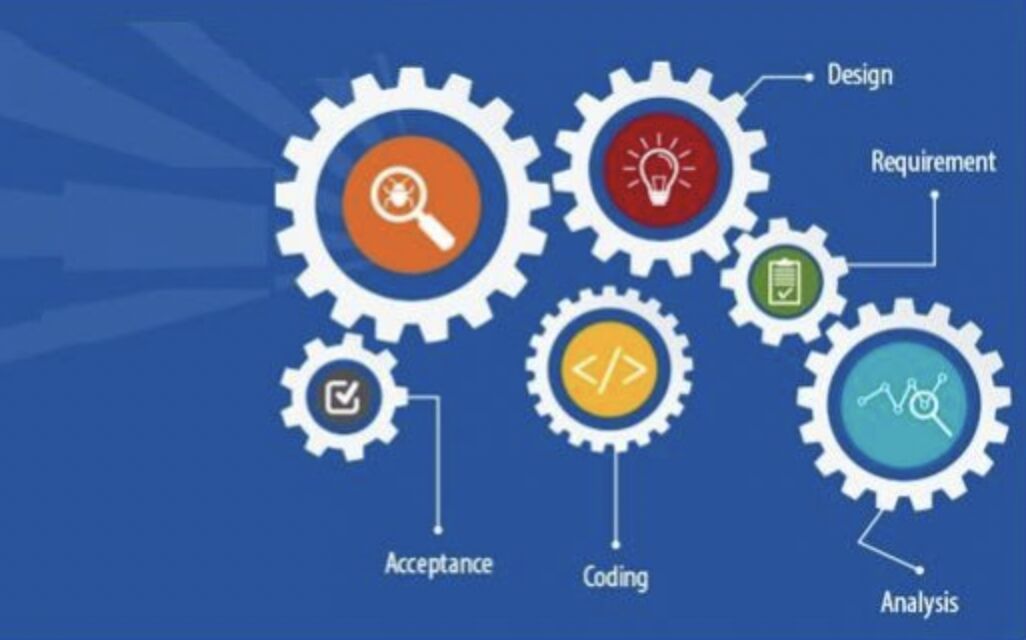As an aspiring software developer, understanding SDET training programs is vital to my professional growth. In this blog post, I’ll delve into what topics are covered during SDET programs as well as explain exactly what an SDET is.
What Is an SDET?
Before we delve into specifics of SDET training, let’s first establish what an SDET is. An SDET, or Software Development Engineer in Test, is an individual responsible for assuring the quality, reliability, and performance of software products via automated testing processes. Unlike traditional testers, however, SDETs possess programming knowledge and contribute towards building testing frameworks and tools – ultimately serving to ensure seamless integration of testing practices throughout software development lifecycles.

Understanding SDET Training
Now that we understand SDETs in general, let’s delve deeper into what topics are covered during;
SDET training programs: Introduction to Software Testing Foundations of Testing Gaining an understanding of its principles and fundamentals.
Types of Testing: Explore various testing methodologies such as unit, integration and regression testing. Testing Techniques: Discover black-box testing approaches such as white-box, gray-box testing approaches.
Programming Fundamentals
Programming Languages: Acquiring proficiency with programming languages used for test automation such as Java, Python and JavaScript.
Object-Oriented Programming (OOP) Concepts: Leveraging OOP principles to design robust yet maintainable automation frameworks.
Version Control Systems: Acquaintance with Git for collaborative development and version control.
Test Automation Tools
Familiarizing yourself with popular test automation frameworks like Selenium, Appium and Cucumber.
Scripting and Framework Development: Constructing automation scripts and tailoring test frameworks specifically to specific project requirements.
Continuous Integration/Continuous Deployment (CI/CD) Pipelines: Integrating automated tests into continuous integration/continuous deployment pipelines for efficient software delivery.
Advanced Topics in SDET Training
SDET training goes beyond fundamental concepts to equip professionals with skills needed to meet complex testing challenges, such as Performance Testing.
Load Testing: Understand how to simulate high user loads to assess performance and scalability of applications.
Stress Testing: Learn techniques for pushing beyond normal operating conditions in order to identify systemic breaks and potential breaking points.
Performance Monitoring: Utilizing JMeter or Gatling tools to analyze system performance and identify bottlenecks.
API Testing
API Fundamentals: Exploring the basics of API testing such as request/response formats, authentication processes, and error handling procedures.
RESTful API Testing: Understanding RESTful API validation techniques using tools like Postman or RestAssured is essential for successful RESTful API usage.
SOAP API Testing: Learning to test SOAP APIs using XML requests and responses as part of testing them effectively is also vital for SOAP-based APIs and mobile testing.
Mobile Testing
Mobile Testing Fundamentals: Understanding the unique challenges involved with testing mobile applications across various devices and platforms.
Mobile Automation Tools: Analyzing Appium and XCTest as tools for automating mobile app testing on both Android and iOS platforms.
Mobile Performance Testing: Acquiring techniques to assess the performance and usability of mobile apps under various circumstances is key to their success.

Continuous Learning and Growth
SDET training promotes more than just technical skills; it cultivates an attitude of continuous learning and growth for participants. They’re encouraged to stay up-to-date on all of the latest trends and technologies in software testing and automation, attend community forums and conferences, contribute open source projects, network with fellow SDET professionals in their industry and participate in community forums or contribute open source code themselves – all for personal enrichment!
Key Takeaways
- Mastery of Advanced Concepts: SDET training equips professionals with the knowledge and expertise required to address complex testing challenges like performance testing, API testing, mobile testing, etc.
- Adaptability and Continuous Learning: SDETs have developed the mindset necessary for staying ahead in a rapidly advancing tech landscape by cultivating an adaptable and ever-learning approach to life.
- Career Advancement Opportunities: With demand for skilled SDETs on the rise, SDET training opens up many career advancement possibilities in software testing and automation.
- Comprehensive Understanding: SDET training offers a thorough grounding in software testing principles, programming fundamentals, and automation techniques for testing software applications.
- Practical Skills: Participants gain hands-on experience building automation frameworks and implementing automated testing solutions. Career Advancement: SDET training equips individuals with the necessary knowledge and abilities necessary for fulfilling careers as software development engineers in test.
Overall, SDET training is essential to individuals seeking a successful career in software testing and automation. By mastering fundamental and advanced concepts while adopting an openness-to-learning mindset and remaining current on industry trends, SDETs can quickly establish themselves as indispensable assets in today’s tech-driven environment. For more blog click here.
So if software testing and automation is something you have an affinity for, why not embark on your SDET training journey today!
